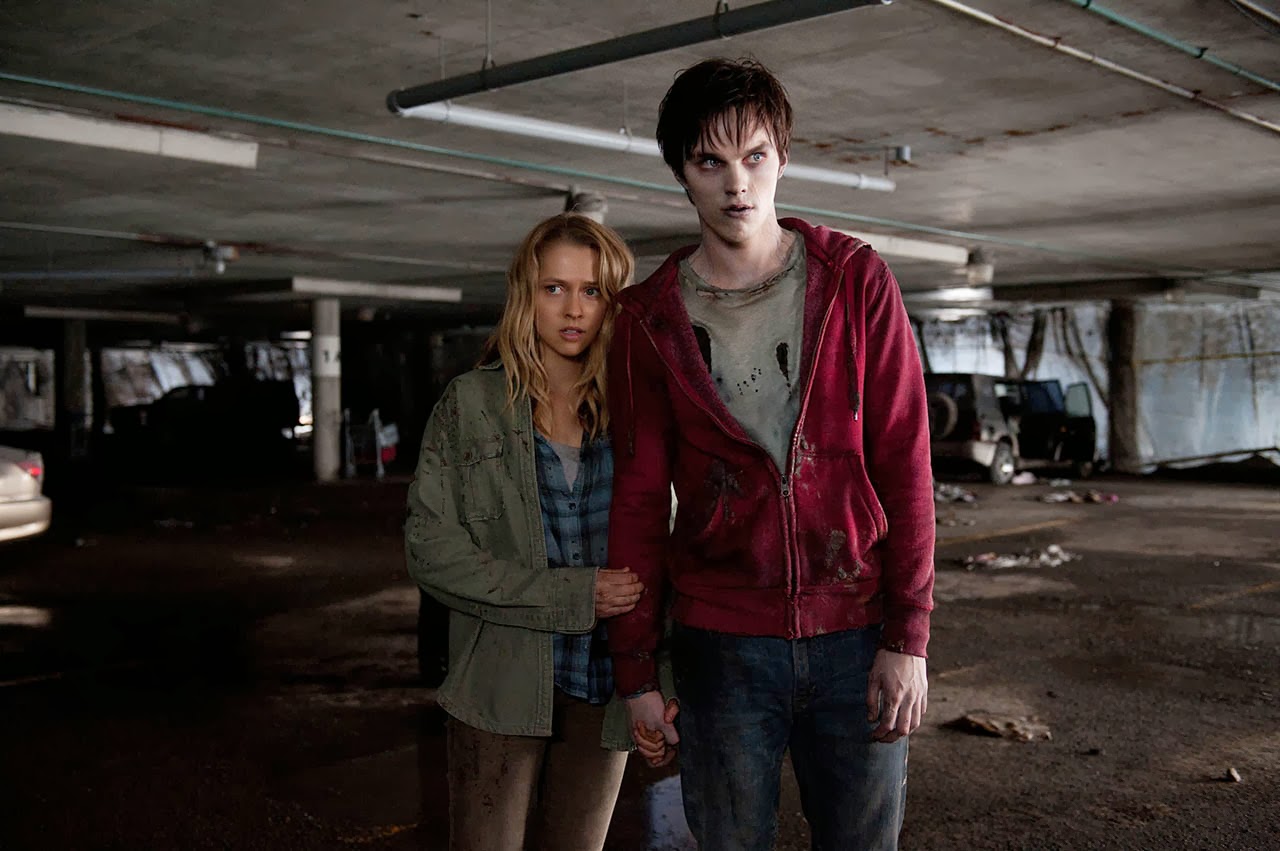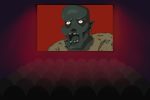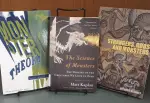I was properly introduced to the zombie genre through “The Walking Dead.”
Prior to the premiere of the AMC television series in 2010, zombies, to me, were an uninteresting aspect of old movies and bad video games. But “The Walking Dead” showed me that the genre had the potential for absorbing story plots and unfeigned character interactions. These undead creatures added a whole new challenge to surviving, and I was hooked on the show by the end of Season 1.
Seven seasons later and my love for the zombie genre is still strong, but my desire to watch “The Walking Dead” is completely gone. Over the years, I slowly became more and more frustrated with how the show functioned, until finally I snapped with Season 6’s finale — as many fans did.
The hour-and-a-half long episode that the entirety of Season 6 built up to ended on a terrible cliffhanger. It wasn’t terrible because of the devastation the show’s infamous new villain, Negan, caused with his bloody baseball bat wrapped in barbed wire.
It was terrible because it wasn’t what the show’s long-running fans deserved. The show had failed to deliver on its promises in those last few moments of the season’s finale. Viewers knew someone was going to die, but they didn’t expect the show to keep that character’s identity a mystery until Season 7.
In that way, “The Walking Dead” finally secured its place as a disingenuous and manipulative television series. I was both heartbroken and livid.
Where had it all gone so wrong?
Despite my hatred for the show, I tuned in to the Season 7 premiere in hopes “The Walking Dead” creators might have taken into account the fans’ critiques of the series and would attempt to “better” the show.
But instead, the series seemed to delve deeper into deceitfulness, relying too heavily on surprise and gore — rather than on good storytelling and provoking characters — to keep their viewers hooked. Not only did one character die, but, in an unforeseen turn, another fan-favorite did as well, in what is being called the most gruesome deaths to ever be shown on television.
The Verge’s review of the premiere puts it best: “It was horrifically violent. It was cruel. And the show had the audacity to slap on some cello score and a ‘what could have been’ fantasy sequence to make sure the audience was manipulated as much as possible. This wasn’t quality television, and it wasn’t suspenseful drama. It was torture-porn masquerading as storytelling, and AMC should be ashamed for airing it.”
Critics are saying the show is “the dramatic equivalent of clickbait,” due to its lack of integrity. The creators even went as far as to film 11 different death takes to keep fans guessing, or to “preserve the premiere’s surprise,” as the creators claimed.
But judging by social media, the show may have finally gone too far. Despite attracting over 18 million viewers that night, fans were revolted and finally declared on Twitter and Facebook that enough is enough. On Slate, critic Sam Adams said fans that had given the show the benefit of the doubt not only felt cheated, “…but had their noses rubbed in it.”
One thing “The Walking Dead” is succeeding in, though, is making the zombie genre feel exhausted. The show appears to have run out of story ideas and plot twists that does not include a character being brutally killed off. The show’s two original motives — as is common in all zombie-related media — were survival and finding a cure. But the show seems to have drifted slightly away from these goals. It’s not about zombies anymore or the fear of being infected. Rather, it’s about human-to-human brutalization.
But whilst “The Walking Dead” may not be doing it right, other outlets are finding ways to keep the zombie genre breathing. The adorable novel and movie “Warm Bodies” put a heartening spin on the genre, propelling the story forward through the mind of a zombie still capable of thoughts and emotions, rather than through the eyes of a survivor. In the end, love prevails and the zombie, “R,” with the help of his human friends, save the lifeless from mass slaughter — an act you wouldn’t see in “The Walking Dead.”

Another novel turned movie that was able to put a unique and humorous twist on the zombie genre is “Pride and Prejudice and Zombies” by Seth Grahame-Smith. The classic love story between Elizabeth Bennett and Mr. Darcy occurs quite similarly to Jane Austen’s original work, but whilst Ms. Bennet and Mr. Darcy quarrel, they’re also badasses, slaying zombies with swords and fire during their arguments, while Parson Collins panics giddily in the background.
But humor and jubilation and other uncharacteristic “zombie-tones” aren’t necessary to make a zombie story stand out. Naughty Dog’s video game “The Last of Us” maintains that grisly tone most zombie-based media has. But rather than focusing on the outbreak, this game looks at the apocalypse 20 years after it started, allowing players to explore a dilapidated world and learn about the different techniques characters use — or tried to use — to survive. And when faced with the potential for a cure, the game takes an unexpected turn, leaving the players feeling confused.
Even “The Walking Dead” has a video game, released by Telltale, the game has more heart than the show. The game thrives because of its endearing main character, a young girl with curly hair named Clementine, who struggles to survive in a zombie-infested world. But unlike a television show, the game allows players to make decisions that will affect who lives, who dies and how the story ends in general.
But what all of these examples have in common is their focus on characterization, character development and emotion rather than on action. “The Walking Dead” television show has come to fail at all of this.
When they do try to focus on characters, the show becomes dry. When they focus on emotion, it feels insincere. Whatever balance they struck between characterization, story and emotion in their early seasons has long since been broken, and seems, to many, impossible to rectify.
But even if fans are — justifiably — ready to give up on “The Walking Dead,” they shouldn’t balk away from the zombie genre in general. There are still plenty of opportunities for those to seek out the original and creative in a genre that appears exhausted.

















